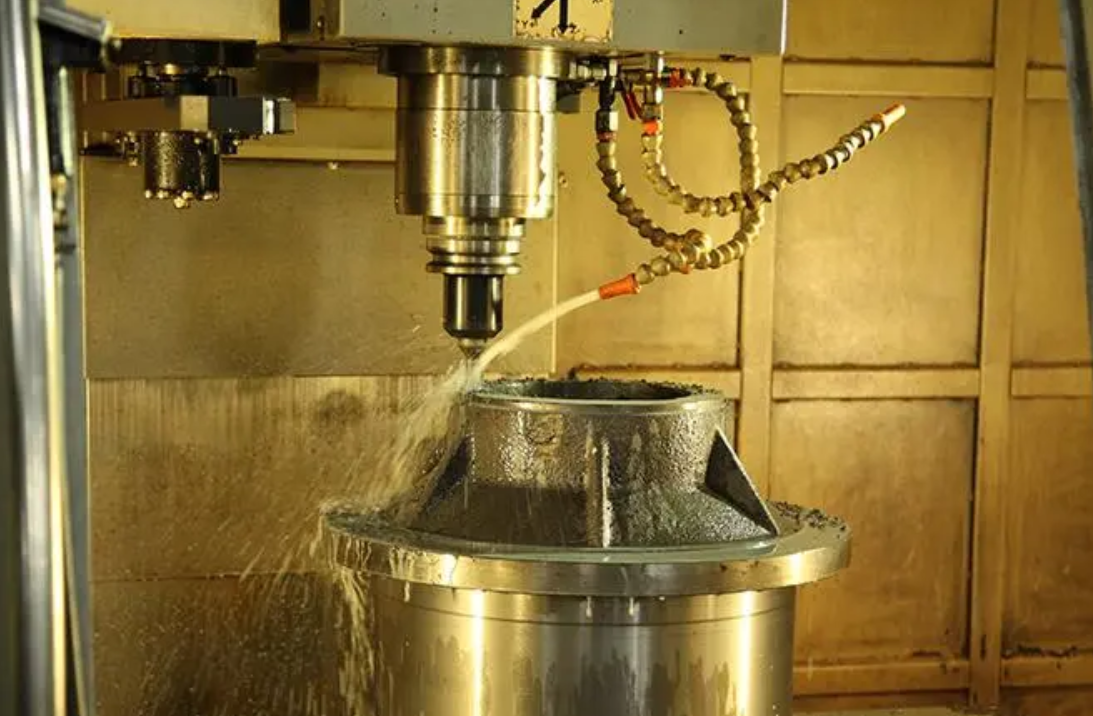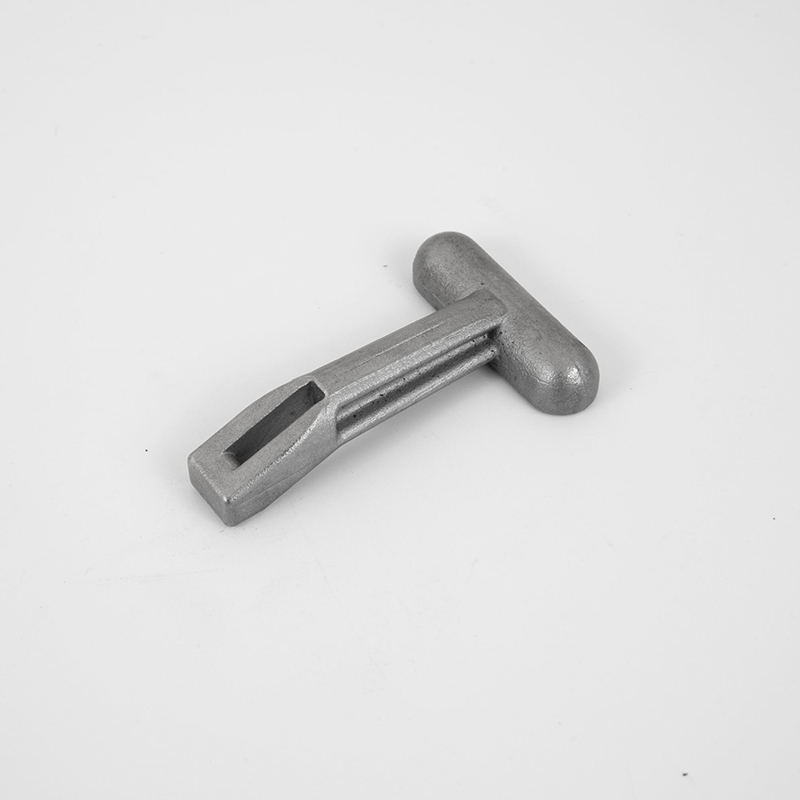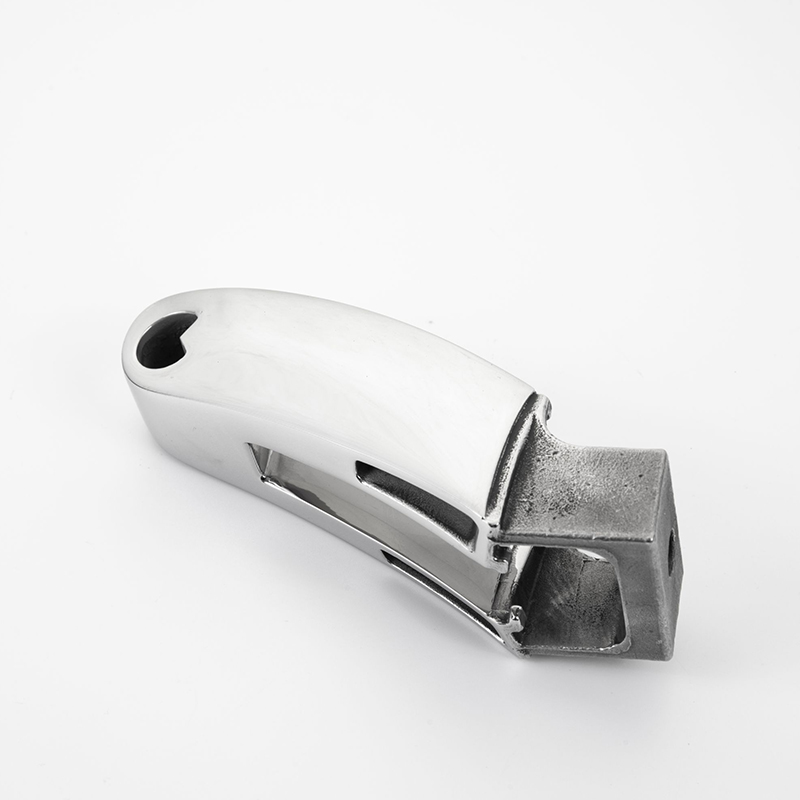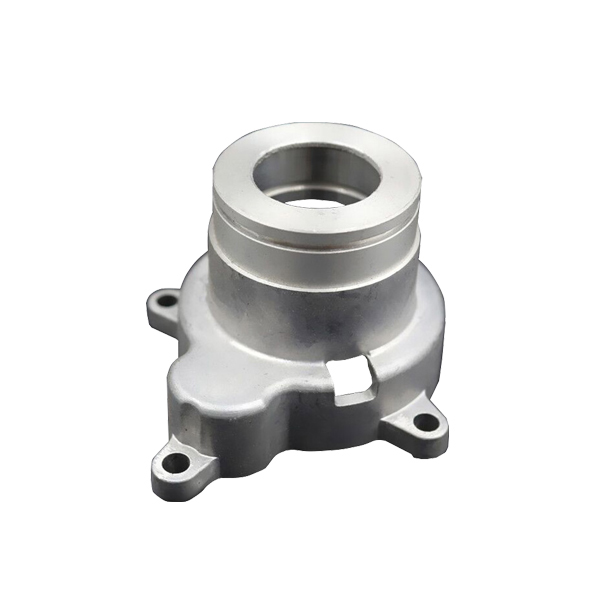Products
Machining Workshop
What does a qualified precision machining workshop look like?
What does a qualified precision machining workshop look like? A qualified precision machining workshop is characterized by advanced processing equipment, complete testing equipment and a skilled workforce. The workshop should be equipped with a range of mechanical processing equipment, including CNC machine tools, lathes, milling machines, grinders, EDM machines, etc. In addition, it should also be equipped with a variety of testing equipment such as three-dimensional coordinate measuring machines, optical comparators, and surface roughness testers. Personnel should include skilled machinists, CNC operators, quality inspectors, and engineers with expertise in precision machining processes and technologies.

Machining equipment:
A qualified precision machining workshop should be equipped with a variety of advanced processing equipment to handle different types of precision machining tasks. These include CNC machines for high-precision and complex machining operations, lathes for turning operations, milling machines for milling and drilling tasks, grinders for achieving fine surface finishes, and EDM machines for precision cutting of hard materials.
Inspection device:
Complete testing equipment is essential to ensure the quality and accuracy of processed parts. These may include coordinate measuring machines (CMMs) for dimensional inspection, optical comparators to measure part features, surface roughness testers to evaluate surface finish, and other precision measurement tools such as micrometers, calipers, and height gauges.
personnel:
A qualified precision machining workshop requires a team of skilled and knowledgeable staff. These include machinists with expertise in operating a variety of machining equipment, CNC operators who are proficient in programming and running CNC machine tools, quality inspectors who have a keen eye for detail and precision, and those who understand precision machining processes and are able to provide technical support and resolution Engineers with expertise in the problem.
In addition to technical skills, personnel should be proficient in quality management systems such as ISO 9001 and have a strong commitment to continuous improvement and compliance with quality standards. Effective communication and teamwork are also critical to ensuring the smooth operation and high-quality output of a precision machining shop.
In addition, the shop should have a robust quality control system to ensure that all machined parts meet the required specifications and quality standards. This may involve implementing rigorous inspection procedures, maintaining detailed records of inspection results, and continually monitoring and improving the quality of machining processes.
Overall, a qualified precision machining shop should be equipped with advanced machining and inspection equipment, staffed by skilled and knowledgeable personnel, and be committed to maintaining high quality standards and continuously improving precision machining operations.
Mechanical Factory Automation: Applications and Future Trends
Automation has revolutionized manufacturing, and its impact on machining plants has been profound. The application of automation in machining plants significantly increases productivity, quality and efficiency while enabling the industry to meet the demands of modern manufacturing. This article explores the application of automation in machining plants and discusses future trends in this rapidly growing field.

Application of automation in machinery factories:
CNC machining center:
Computer Numerical Control (CNC) machining centers have always been at the forefront of machining factory automation. These advanced machines are capable of performing a variety of machining operations with high precision and repeatability. CNC machining centers have revolutionized the production of complex parts, allowing manufacturers to achieve high levels of precision and efficiency.
Robot processing:
The integration of industrial robots in machining plants changes every aspect of the manufacturing process. Robotic machining systems are used to perform tasks such as material handling, parts loading and unloading, tool changing and even complex machining operations. These systems enhance flexibility, reduce cycle times, and increase overall productivity.
Automated detection system:
Automation also extends to the inspection process in machine shops. Automated inspection systems, such as coordinate measuring machines (CMM) and vision-based inspection systems, can quickly and accurately measure machined parts to ensure compliance with precise tolerances and quality standards.
Adaptive processing:
Advances in automation have promoted the development of adaptive machining technologies. These systems use real-time data and feedback to adjust machining parameters, tool paths and cutting strategies, optimizing the machining process to improve efficiency and part quality.
Integration of IoT and Industry 4.0:
The convergence of Internet of Things (IoT) and Industry 4.0 concepts makes it possible to create smart processing plants. Connected machines, sensors and data analytics systems provide real-time insights into machining processes, enabling predictive maintenance, process optimization and improved overall equipment effectiveness (OEE).
Future trends in mechanical factory automation:
Advanced robots and collaborative robots:
The future of machine shop automation will see the proliferation of advanced robotics and collaborative robots (cobots). The robots will be able to perform complex machining tasks with high precision, working alongside human operators to increase productivity and flexibility.
Artificial intelligence and machine learning:
Artificial intelligence (AI) and machine learning technologies will play a key role in future processing automation. These technologies will enable autonomous decision-making, predictive maintenance and adaptive control of machining processes, thereby increasing efficiency and reducing downtime.
Digital twin technology:
Adopting digital twin technology will enable machining shops to create virtual copies of their production systems. These digital twins will facilitate simulation, optimization and predictive analysis of machining processes, thereby increasing productivity and reducing time to market for new products.
Additive and hybrid manufacturing:
Automation will also drive the integration of additive manufacturing and hybrid machining processes in machine shops. This fusion of technologies will enable the production of complex multi-material parts with high precision and efficiency.
Cloud-based manufacturing:
The cloud-based manufacturing platform will enable seamless connectivity and data sharing between processing plants, thereby enhancing collaboration, remote monitoring and centralized control of processing operations.
In summary, the application of automation in machining factories has changed the manufacturing landscape, and its future trends have great potential for further development. As the industry continues to embrace automation, the integration of advanced technologies will drive innovation, efficiency and competitiveness in processing operations.
- View as
Aluminum Machining Workshop
You are welcomed to come to our factory to buy the latest selling, low price, and high-quality Aluminum Machining Workshop. We look forward to cooperating with you.An aluminum machining workshop is a specialized facility that focuses on the production of parts made from aluminum alloys. Aluminum is a popular material in machining due to its lightweight, strength, and corrosion-resistant properties, and is used in a wide range of applications across many different industries.
Metal Machining Workshop
As the professional manufacturer, we would like to provide you high quality Metal Machining Workshop. And we will offer you the best after-sale service and timely delivery.A metal machining workshop is a specialized manufacturing facility that produces a wide range of metal parts and components using various machining techniques. The metal machining workshop process involves using various machines and tools, such as lathes, milling machines, saws, drills, and grinders, to remove material from metal workpieces to produce the desired shape and dimensions.
Steel Machining Workshop
As a professional high quality Steel Machining Workshop manufacturer, you can rest assured to buy Steel Machining Workshop from our factory and we will offer you the best after-sale service and timely delivery.A steel machining workshop is a specialized manufacturing facility that specializes in the production of various steel components and parts. The workshop is equipped with various machines such as lathes, milling machines, CNC machining centers, and other specialized equipment that helps to shape steel into the desired shape and dimension.






